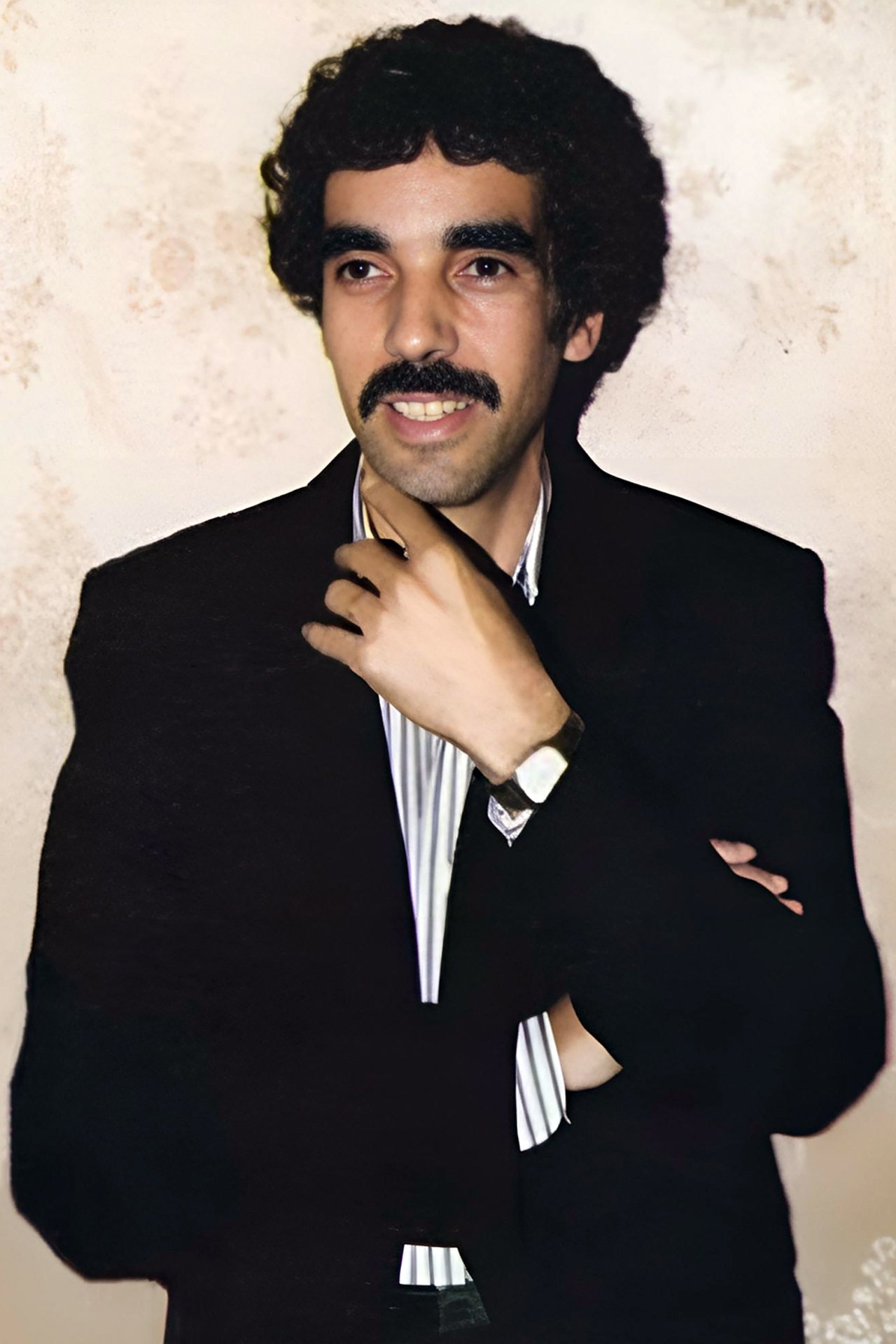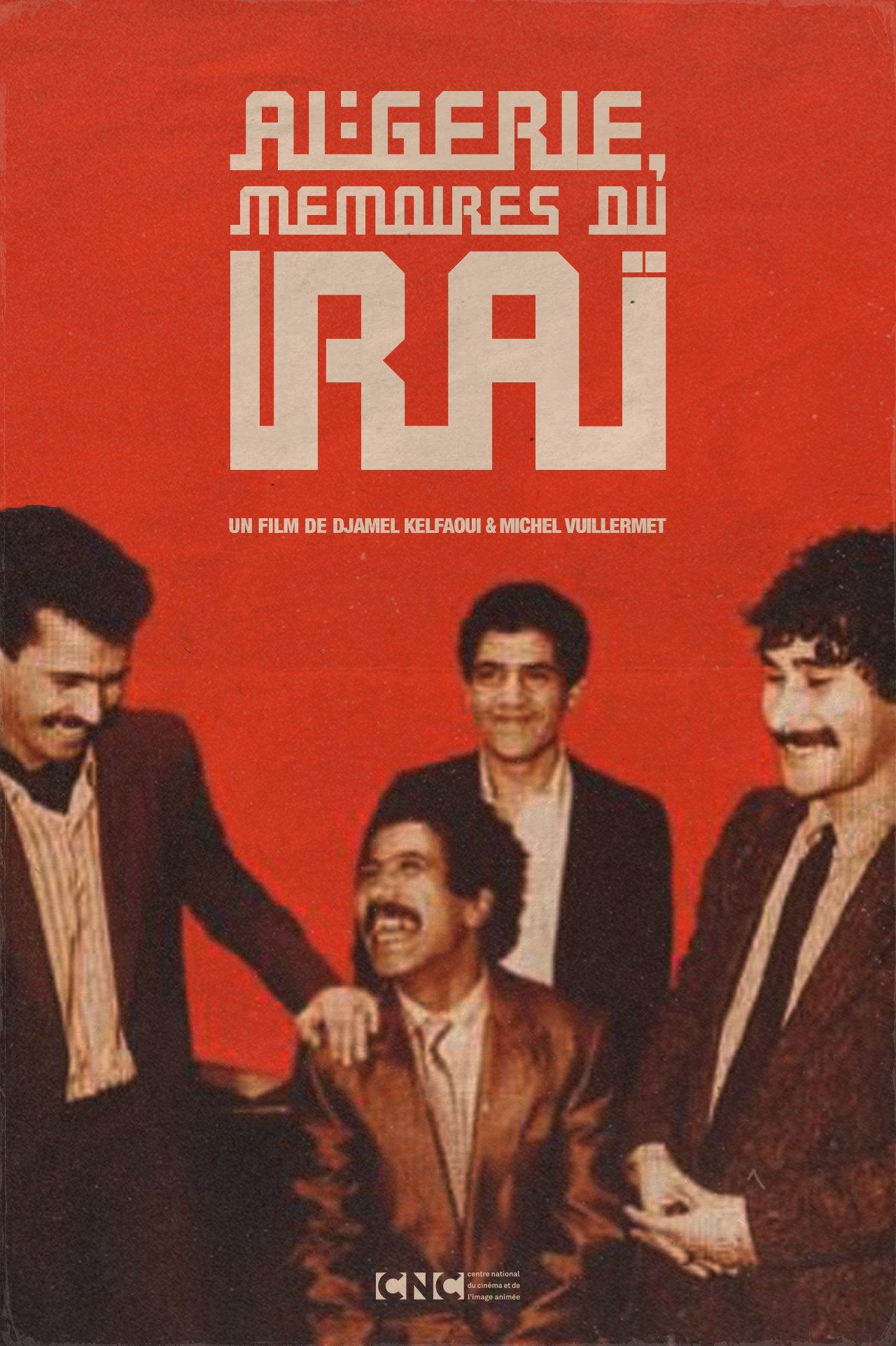

Boutaïba Seghir (in Arabic: بوطيبة الصغير), real name Mohamed Affif, is a Raï singer born June 4, 1945 in Chaabat El Leham (Wilaya of Aïn Témouchent) in Algeria. In 1963, he released his first single, at the age of 18, Chetek el bérah. In 1963, he gave his first Summer Scene concert in Chaabat-el-Ham and Aïn Témouchent. His first success came in 1968 with the single El Caoucaou. Then he was a violinist for the Oran radio orchestra, from 1967 to 1969. In 1969, the songs Raba Raba and El Fermliya were released, and are still appreciated by the public today. These titles were taken up by Cheb Khaled. In 1972 the title El Ghira T'hadar was released. He is currently considered one of the inventors of modern Raï music with Cheikh Beloumou. Boutaiba Sghir will inspire many singers like Cheb Khaled, Cheb Mami and Cheb Hasni. Khaled says of him: “I am not the king of raï, I am only the ambassador. The real king is Boutaiba Sghir, he’s the one who taught me everything.” In September 2010, he was invited to Paris by Cheb Khaled with Maurice El Medioni, Cheb Sahraoui and Chaba Zahouania for a concert in tribute to Oran, entitled Café d'Oran.

In the 1980s, Algeria experienced a tumultuous social context which...